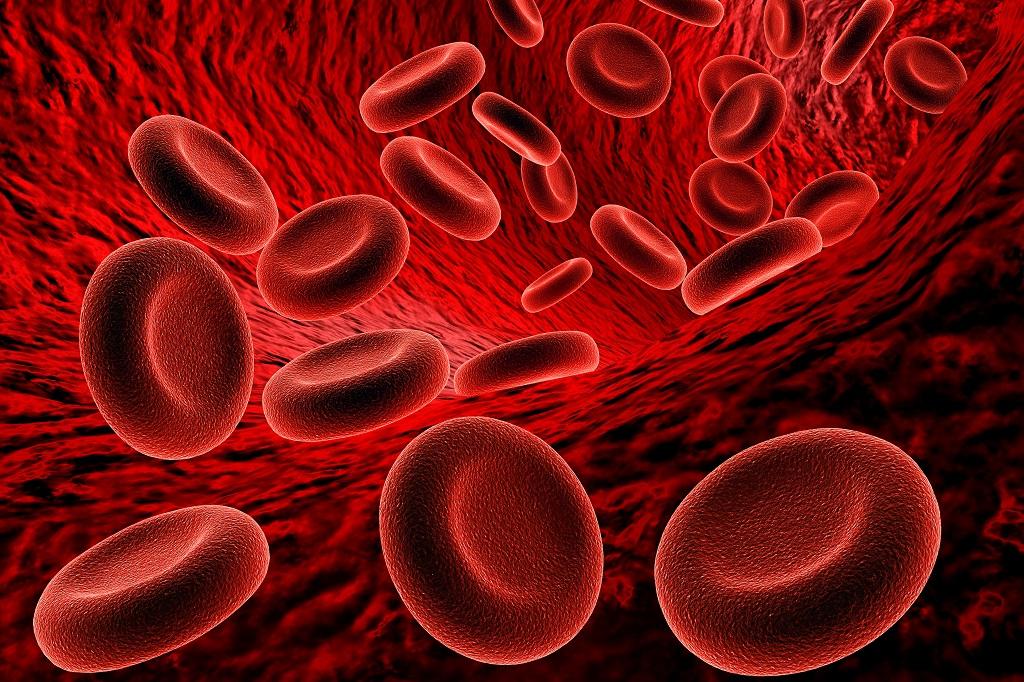Anaemia is a condition that takes places when your blood doesn’t have enough healthy red blood cells commonly known as hemoglobin. Hemoglobin is a main part of red blood cells. It carries oxygen. If something is wrong with your red blood cells, if you don’t have enough of them, or if your hemoglobin is low, your cells won’t get enough oxygen.
Anaemia affects an estimated 24.8 percent of the world’s population. A study titled, “Anaemia among men in India: A nationally representative cross-sectional study” was published in The Lancet Global Health journal this month, based on data from at least 100,000 males aged between 15 to 54. The study has found that one in four men in India suffers from anaemia. Let’s demonstrate yet another Male Inequality Statistics that are alarming for Men in India.

According to the study conducted from January 2015 to December 2016:
- Around 18% of the males had mild anaemia
- 5% moderate anaemia
- 0.5% severe anaemia
…………which leads to decreased productivity by causing fatigue, difficulty in concentrating, and lethargy.
The study’s co-author, Ashish Awasthi, who is an assistant professor with Public Health Foundation of India quoted,
Every fourth man has anaemia. Men still are not included in the government’s anaemia-mukt Bharat [anaemia-free India] initiative, which focuses on women and children.
Awasthi collaborated with Harvard University, UN World Food Programme, and Germany’s Heidelberg, Giessen, and Goettingen universities for the study. The findings of the study are consistent with the National Family Health Survey-4 (2015-16), which found:
- 22.7% of males aged 15-49 had anaemia, defined by haemoglobin levels less than 13 grams per deciliter
- The normal range for haemoglobin for men is 13.5 to 17.5 grams per deciliter and women 12.0 to 15.5 grams per deciliter
- Studies on anaemia in low-income and middle-income countries largely focus on women of reproductive age and children
- It is because anaemia during pregnancy and early childhood is associated with low birth weight, poor mental and motor development, and even death
Awasthi also added,
Though male anaemia does not affect the intergenerational cycle of malnutrition, it may reduce overall work performance and quality of life, especially in moderate and severe cases.
Harvard University’s Pascal Geldsetzer, the senior author of the report, said,
While anaemia among women was more than twice as common and is more likely to be moderate or severe than among men, anaemia in men is a frequent health problem.

POSHAN ABHIYAAN (Prime Minister’s Overarching Scheme for Holistic Nutrition)

Some Suggested Treatments (please consult your respective doctors)
Treatment will depend on the type and cause of anemia:
- Iron deficiency anemia: Iron supplements or dietary changes
- Vitamin deficiency anemias: Treatments include dietary supplements and B-12 shots
- Thalassemia: Treatment includes folic acid supplementation, removal of the spleen, and, sometimes, blood transfusions and bone marrow transplants
- Anemia of chronic disease: This is anemia associated with a serious, chronic underlying condition. There are no specific treatments, and the focus is on the underlying condition
- Aplastic anemia: The patient will receive blood transfusions or bone marrow transplants
- Sickle cell anemia: Treatment includes oxygen therapy, pain relief, and intravenous fluids. There may also be antibiotics, folic acid supplements, and blood transfusions. A cancer drug known as Droxia or Hydrea is also used
- Hemolytic anemias: Patients should avoid medication that may make it worse and they may receive immunosuppressant drugs and treatment for infections. Plasmapheresis, or blood-filtering, might be necessary in some cases

The idea of not including Men in a critical scheme like POSHAN by the Government of India is certainly an unhealthy sign for the well-being of the Male Gender. The government in its drive to promote Gender Equality, has forgotten the existence of the other Gender.
ALSO READ –
http://voiceformenindia.com/in-the-news/drdo-scholarship-for-girls-2019/
Follow www.mensdayout.com on Facebook, Twitter and Instagram
Join our Facebook Group or follow us on social media by clicking on the icons below
If you find value in our work, you may choose to donate to Voice For Men Foundation via Milaap OR via UPI: voiceformenindia@hdfcbank (80G tax exemption applicable)






























